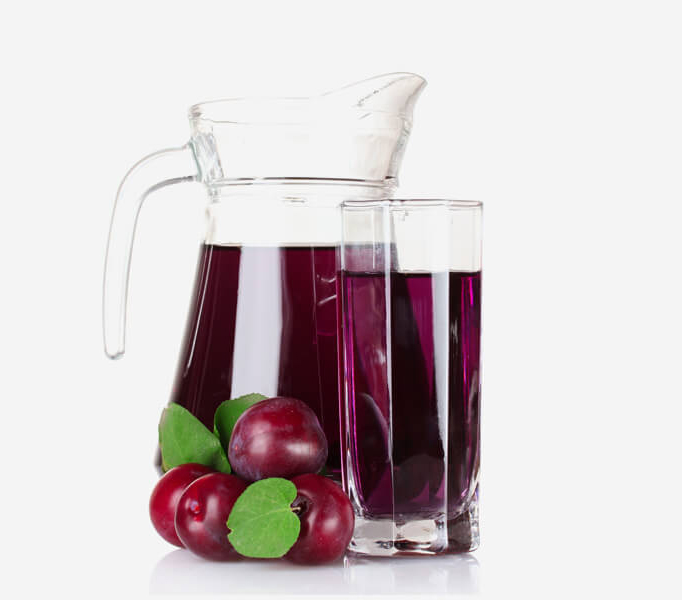
Sorbitol - a sugar alcohol present in prune juice - also ferments in the gut and draws water into stool. Cellulose does not ferment but increases levels of water in the stool by stimulating movement in the gut.Īccording to a 2013 review prune juice also contains 6.1 grams (g) of sorbitol per 100 g. Gut microbiota can quickly ferment some types of fiber, such as pectin, and this may act as a prebiotic. The researchers believed the success of prune juice as a treatment was mainly due to the sorbitol, pectin, and polyphenol content of the juice. They reported no adverse effects of loose, watery stools, diarrhea, or flatulence. In a 2022 study, 84 people with chronic constipation took 54 grams (g) of either prune juice or a placebo each day.Īfter 8 weeks, those who took the prune juice had softer stools and more frequent bowel movements than the other group.

Many people find that prune juice helps manage constipation, and some evidence supports these claims. Share on Pinterest annick vanderschelden photography/Getty Images


 0 kommentar(er)
0 kommentar(er)
